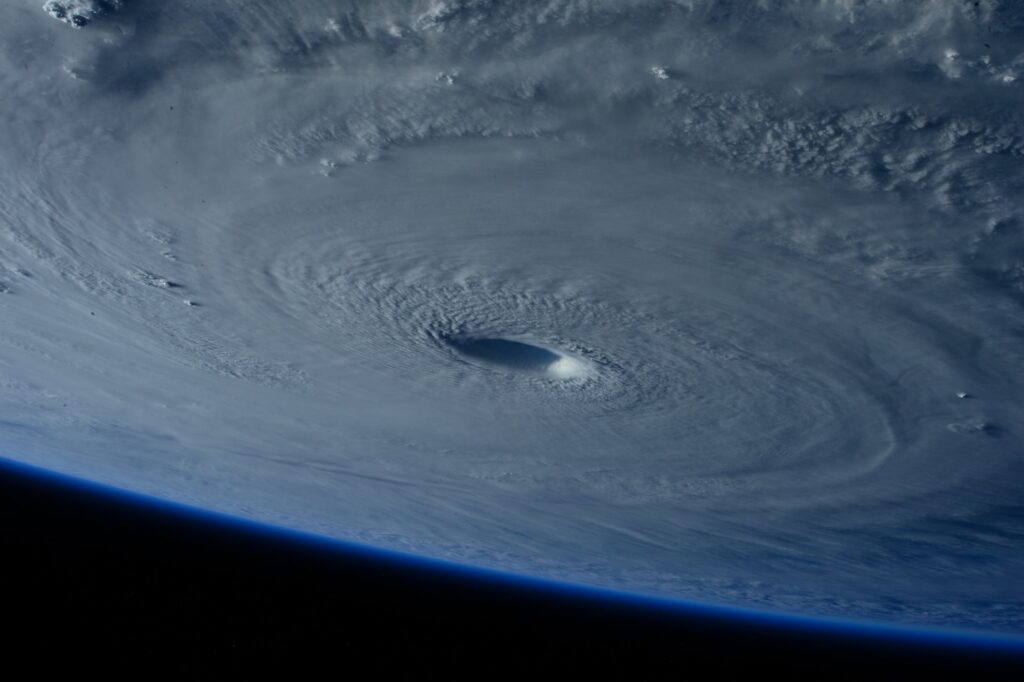
(Rightallegiance.com) – In the wake of Hurricane Beryl’s relentless assault on the southern United States, communities from Texas to Louisiana grapple with the aftermath of a storm that, despite its diminishing strength, wrought havoc with powerful winds and torrential rains.
The National Hurricane Center reported that Beryl, initially a Category 1 hurricane, had weakened to a tropical depression after making landfall in Texas, leaving a path of devastation that claimed lives and disrupted millions of homes and businesses.
The storm’s impact was starkly felt in Texas, where it barreled ashore early Monday, toppling trees, downing power lines, and causing widespread power outages affecting nearly 3 million residents. “We’re not past any difficult conditions,” remarked Texas Lt. Gov. Dan Patrick, emphasizing the protracted effort required to restore electricity across the state. Houston, the state’s largest city, bore the brunt of Beryl’s wrath with over 2 million homes and businesses left without power, prompting urgent efforts by utility crews to prioritize critical facilities like nursing homes amid scorching summer temperatures.
The toll on human life was tragically underscored as reports emerged of fatalities caused by falling trees and dangerous floodwaters. In the Benton area of Louisiana, a woman lost her life when a tree crashed into her home, while in Houston, a civilian employee of the police department perished after being trapped by floodwaters—a grim reminder of the storm’s lethal potential.
Local authorities scrambled to manage the crisis, conducting numerous water rescues and deploying resources to clear debris-laden streets. Mayor John Whitmire of Houston praised the heroic efforts of first responders amid perilous conditions, which included dramatic rescues broadcasted live as desperate individuals were pulled to safety from submerged vehicles.
Beyond the immediate human impact, the economic repercussions loomed large. Companies with facilities in the region, including Marathon Petroleum Corp. and Freeport LNG, reported necessary flaring of gases due to power disruptions, posing environmental concerns amid ongoing efforts to assess the full extent of industrial impact.
President Joe Biden remained engaged, receiving regular updates on the unfolding disaster and mobilizing federal resources to assist affected communities. The Federal Emergency Management Agency (FEMA) prepositioned emergency supplies such as bottled water, meals, and generators, anticipating further needs as Beryl continued its eastward march.
As the storm moved inland, its reach extended into Louisiana and beyond, where additional tornado warnings and heavy rainfall threatened to exacerbate existing flooding woes. In Missouri, already inundated by a wet summer, preparations were underway for Beryl’s arrival, underscoring the widespread and enduring nature of the storm’s influence.
Looking ahead, the road to recovery appeared daunting, with communities grappling not only with immediate infrastructure damage but also with the emotional toll of loss and displacement. “This is not a one-day event,” cautioned Lt. Gov. Patrick, highlighting the enduring challenges posed by the storm’s aftermath.
As residents like Eva Costancio in Rosenberg, Texas, confronted the prospect of days without electricity, concerns over spoiled food and sweltering heat underscored the urgency of restoration efforts. “We haven’t really slept,” she lamented, her neighborhood strewn with fallen trees and power lines.